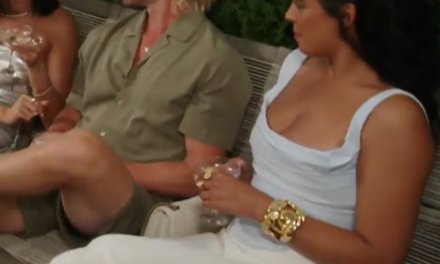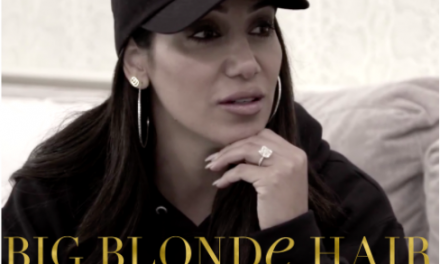
Although the original thought is “Youth is wasted on the young,” in my case, this was certainly true for education.
I went to an all-girls private boarding school in rural Sussex in England, which even then – back in the late 50s/early 60s – was old-fashioned in its methods and outlook.
Everything Was Taught by Rote
Repetition, when it comes to times table, was and still is quite useful. For the rest of our studies, it was in one ear and out the other. The only subject I found remotely interesting was history, but I couldn’t remember dates, and so I flunked my exams.
Our Life Expectations Were Limited
At the most, we were expected after we left school to learn shorthand and typing so we could become secretaries, or go on to become physiotherapists before we married and settled down with children.
The word ‘university’ was not even mentioned, except to the rare blue stocking who made it to Oxford or Cambridge (no other university was worth considering). I always wanted to be an actress so that didn’t really bother me. What did bother me, in retrospect though not at the time, was the fact that I left school a stuck-up prig knowing absolutely nothing about the world.
It Wasn’t Until My Middle Years That I Realised the Extent of My Ignorance
At middle age was when I decided to do something about my lack of world knowledge. By then I’d given up acting and become a writer and, to my surprise, a part-time teacher. I was aware of going about things backwards – do the job first, learn how to do it second – and enrolled myself in an undergraduate course in Humanities at the Open University. (The Open University is a non-campus organisation based in different parts of the UK, available to anyone, aimed mostly at mature students.)
It was a six-year part-time course, and we were able to choose six different subjects to study from a range including history, philosophy, religion, music and literature and so on.
There Are Many Advantages to Studying in One’s Mature Years
Firstly, you know what you want to know. Unlike at school one’s curiosity is already aroused. Unlike at school, I was not afraid to speak up if I didn’t understand something or if I disagreed with the teacher. (Mature students can be quite argumentative.)
In addition, I learned as much from my fellow students – who were mostly of a similar age to me and, like me, had missed out on the opportunity to go to university when they were young – as I did from the teachers. There was a huge amount of variety of life experience among my fellow students.
In addition again, my studies gave me the wherewithal to know how to go about researching for my books, and more importantly to recognise which kind of sources could be relied on and which not. (Just because it’s in the newspaper doesn’t mean it is true…)
Then, an Unexpected Bonus
In my 60s, I decided to do a Master’s degree in theatre, a profession I’d worked in all my life. (Do it first, learn about it later…) It so happened that at the same time as I was studying theatre I was also teaching it.
This strange juxtaposition was surprisingly useful. As a teacher, I understood the pressures of having to write essays. As a student, I was able to learn from my tutors how – or how not – to teach. I learned the importance of not imposing my own views and allowing students the freedom to say what they liked in class, however weird or wonderful. I can honestly say I learned as much from them as they did from me.
Most Important of All, It Kept My Brain Alive and Up-To-Date
There’s nothing like being in the company of young people to keep you alert, and aware of how modern brains work; their views on the past, often quite at odds with our generation’s, and the struggles they face with cancel culture and issues such as racism and colonial guilt.
Not to mention modern technology. I came to the strong conclusion that the old and the young should mix more. We have a lot to learn from one another. After all,
The Learning Process Never Ends
And nor should it.
To quote Einstein: ‘The more I learn, the more I realize how much I don’t know.’
Let’s Have a Conversation:
What kind of education did you get as a girl/young woman? Did you go to a private or public school? What was your experience like? Did you get to go to university? Do you think you’d follow the same path if you were to go back?





